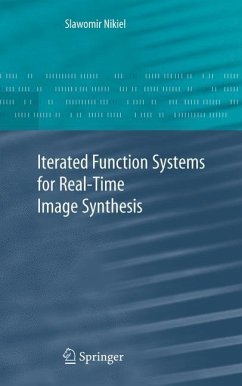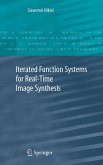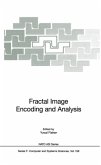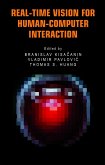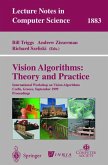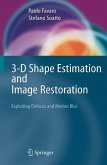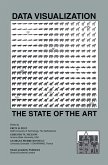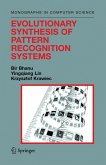Natural phenomena can be visually described with fractal-geometry methods, where iterative procedures rather than equations are used to model objects. With the development of better modelling algorithms, the efficiency of rendering, the realism of computer-generated scenes and the interactivity of visual stimuli are reaching astonishing levels. Iterated Function Systems for Real-Time Image Synthesis gives an explanation of iterated function systems and how to use them in generation of complex objects. Contents include:
- Discussion of the most popular fractal models applied in the field of image synthesis.
- Presentation of iterated function system models, including recent developments in IFS representation.
- Exploration of algorithms for creating and manipulating fractal objects, and techniques for implementing the algorithms.
- Use of practical examples to demonstrate the implementation and application of IFS models.
The book contains both a description text and pseudo-code samples for the convenience of graphics application programmers.
- Discussion of the most popular fractal models applied in the field of image synthesis.
- Presentation of iterated function system models, including recent developments in IFS representation.
- Exploration of algorithms for creating and manipulating fractal objects, and techniques for implementing the algorithms.
- Use of practical examples to demonstrate the implementation and application of IFS models.
The book contains both a description text and pseudo-code samples for the convenience of graphics application programmers.

